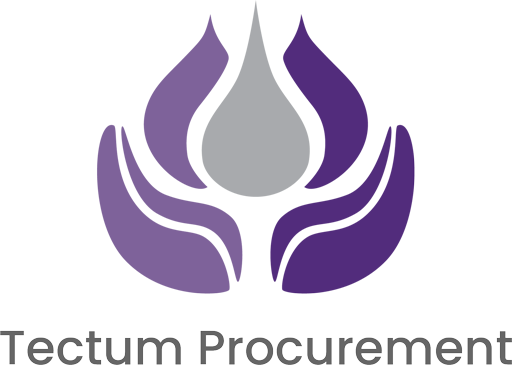A significant change to how rolling contracts are handled under the new Regulations.
The Act came into force on 24 February 2025. Following all the amendments to the legislation, there are going to be quite a few things for RP’s to consider, but probably the most pressing one for all RP’s is a significant change in how rolling contracts will be handled under the Act:
Under the Public Contract Regulations (PCR 2015), Reg. 6 states that if a contract does not have a capped value and / or is “rolling” the value is calculated by multiplying the monthly cost by 48 to give a 4 year value, which means that it is a very simple process to determine whether a contract is above or below threshold, and if it is below then a Contracting Authority is free to proceed as they wish.
From the 24th February this year, the status of rolling contracts alters radically. Schedule 3(5) of the Act states that if a contracting authority is “unable to estimate the value of a contract” they must treat the TCV as being above threshold. That means that unless an exemption can be applied, every rolling contract will need to be amended to a term contract or be awarded via a compliant route to market to maintain compliance. Unsurprisingly CCS are pushing their own frameworks such as G-Cloud as a quick and easy way to achieve compliance.
This Schedule has clearly been drafted with Central & Local Government in mind, and no one has considered the impact on non-governmental contracting authorities (groundhog day!). Hopefully, at some point CCS will issue a work-around by way of a PPN, but in the meantime you really should assess your contract register to identify all rolling contracts and work with suppliers to port the affected contracts to sub-threshold fixed term, and potentially also capped value, contracts.
